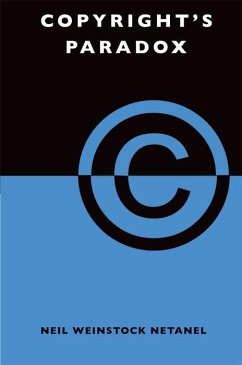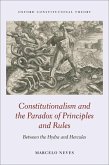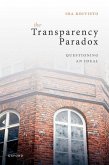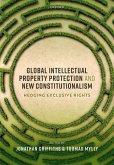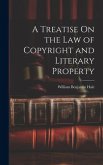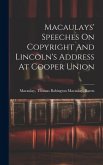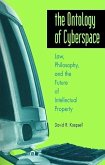The United States Supreme Court famously labeled copyright "the engine of free expression" because it provides a vital economic incentive for much of the literature, commentary, music, art, and film that makes up our public discourse. Yet today's greatly expanded copyright law often does the opposite--it can be used to quash news reporting, political commentary, church dissent, historical scholarship, cultural critique, and artistic expression. In Copyright's Paradox, Neil Weinstock Netanel explores the tensions between copyright law and free speech concerns, revealing how copyright law can impose unacceptable burdens on speech. Netanel provides concrete illustrations of how copyright often prevents speakers from effectively conveying their message, tracing this conflict across both traditional and digital media and considering current controversies such as the YouTube and MySpace copyright infringements, Hip-hop music and digital sampling, and the Google Book Search litigation. The author juxtaposes the dramatic expansion of copyright holders' proprietary control against the individual's newly found ability to digitally cut, paste, edit, remix, and distribute sound recordings, movies, TV programs, graphics, and texts the world over. He tests whether, in light of these developments and others, copyright still serves as a vital engine of free expression and he assesses how copyright does--and does not--burden speech. Taking First Amendment values as his lodestar, Netanel argues that copyright should be limited to how it can best promote robust debate and expressive diversity, and he presents a blueprint for how that can be accomplished. Copyright and free speech will always stand in some tension. But there are ways in which copyright can continue to serve as an engine of free expression while leaving ample room for speakers to build on copyrighted works to convey their message, express their personal commitments, and fashion new art. This book shows us how.
Hinweis: Dieser Artikel kann nur an eine deutsche Lieferadresse ausgeliefert werden.
Hinweis: Dieser Artikel kann nur an eine deutsche Lieferadresse ausgeliefert werden.

